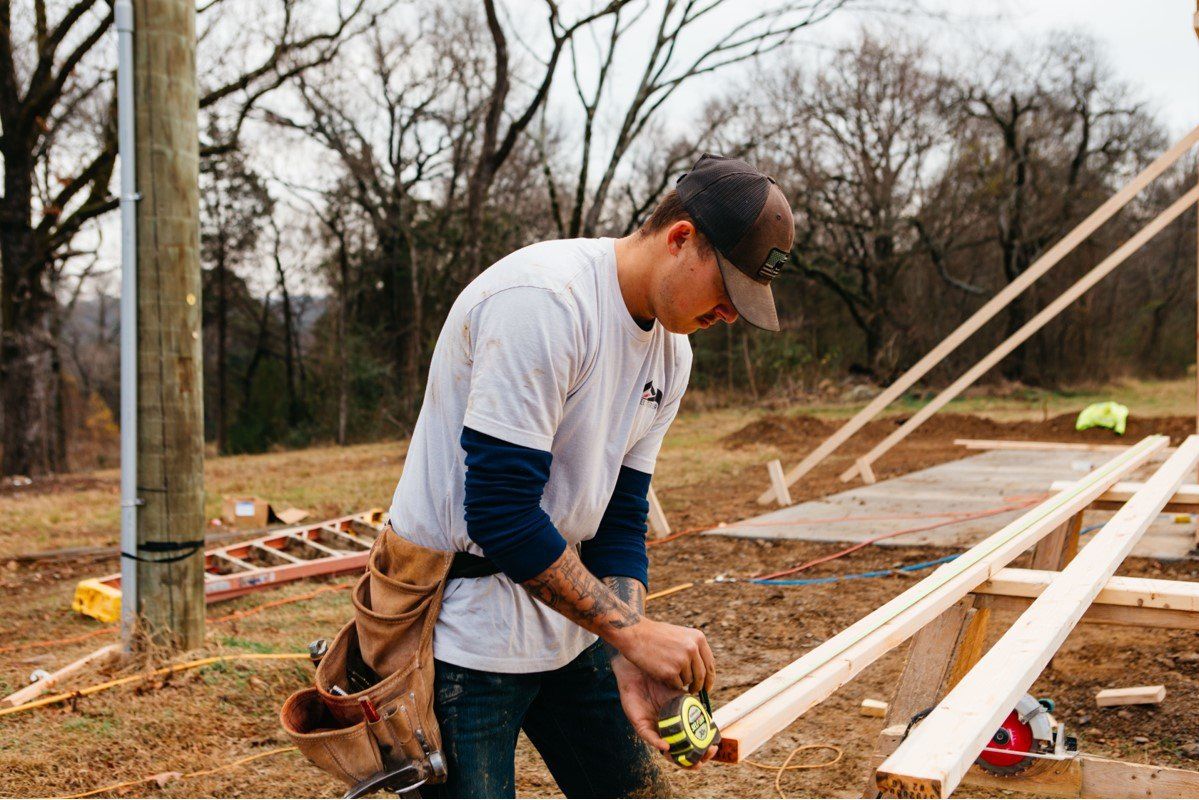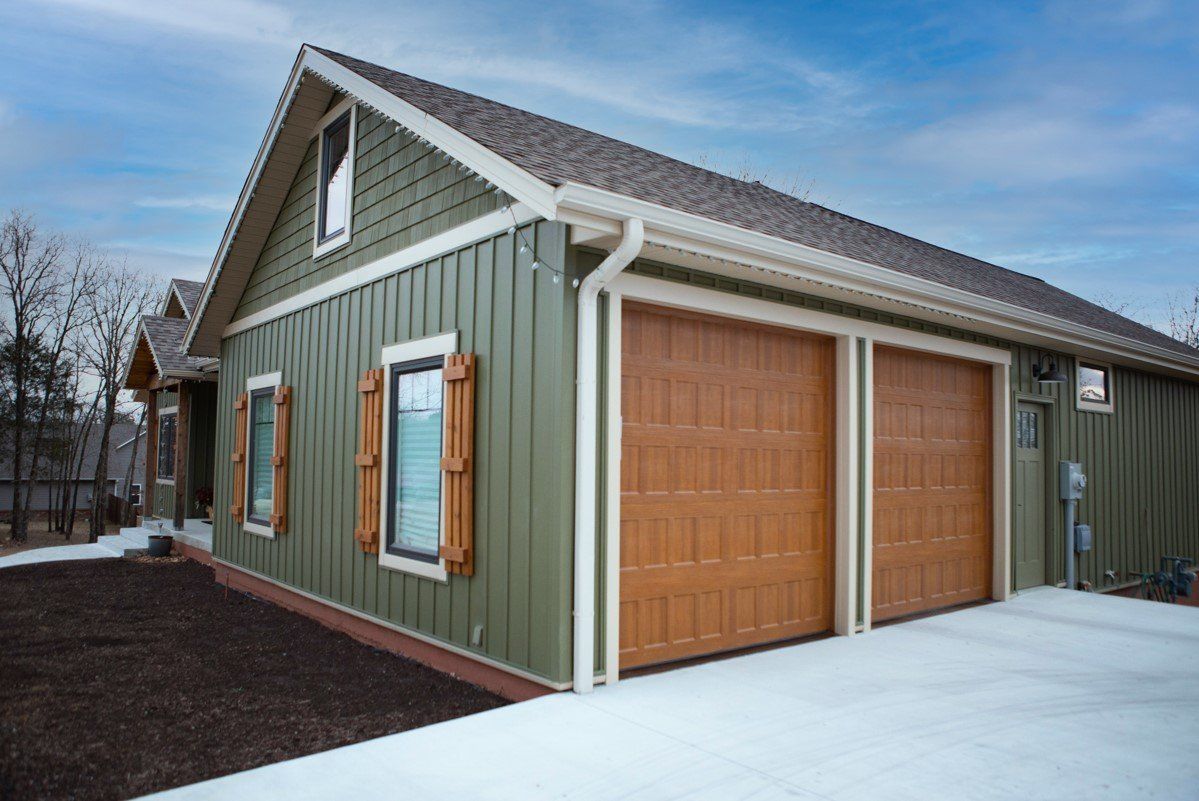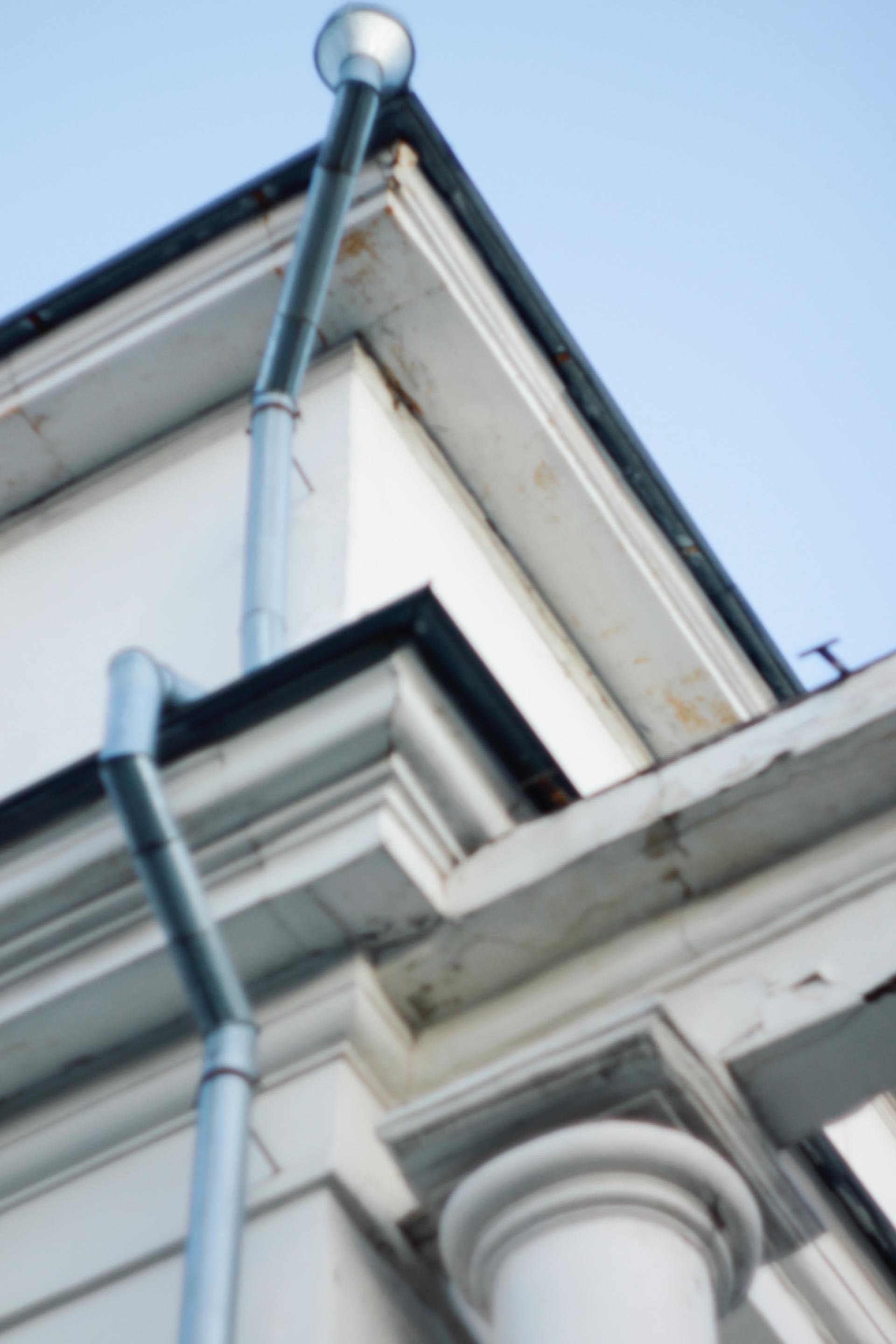How to make the right roofing decision?
How to make the right roofing decision?
Roofing is a big decision. It's not just the cost of the roof itself, but also how it will affect your home and household. When purchasing a new roof, you need to consider the style and type of roof that best suits your needs. Here we'll take a look at some of the most common types: metal roofs, asphalt shingle roofs, slate roofs, and tile roofs. While each has its pros and cons,
there are several things to keep in mind when deciding which one is right for you.
Metal roofs are known for their durability. They're made of steel, copper, or aluminum and can last up to 50 years with little maintenance required compared to other roofing materials. Metal roofs are fireproof, making them the perfect choice for homes in wildfire areas that need protection against flames reaching above the roofline. While metal is a great insulator, it's not recommended if you live somewhere where there are often hail storms since they can easily dent your new purchase! The next option is asphalt shingle roofs.
These durable tiles come in many different colors so you have plenty of options when deciding on which one will look best on your home. Even though these houses require more upkeep than metal ones do, they still only take about ten minutes each month to keep them in tip-top shape.
Know your budget
Before you start looking for a roofing company, it is important to have an idea of what your budget is. That way you can find a company that fits within your price range and also has the experience and expertise necessary to do the work. If you are unsure where, to begin with estimating costs, try checking out some websites or contacting friends who have had their roofs replaced recently.
Do not let money stand in the way of getting a new roof! It will protect your home from water damage and make it last much longer than without one. There are several options available to you, so you must do your research beforehand. If the cost of a new roof is beyond what you can afford right now, there might be ways to finance one. Do not forget! Homeowners need to have regular maintenance performed on their roofs so they last as long as possible and keep water damage at bay. Most insurance companies will require this before handing over any money in case of storm or flood damage so don't neglect this step!
Consider the type of roofing material you want
A roof can be made of many different materials. There are three main types: asphalt shingles, clay tiles, and slate shingles. What type you choose will depend on the climate where your home is located, its size and shape, and your budget. You should also consider whether or not to use a flat roof (like tar paper), which is cheaper but has limitations in terms of insulation; an air-permeable membrane-like felt paper; or a rubberized membrane-like EPDM for better protection against leaks. For example, homes in areas where it snows typically have roofs made of clay tiles. For the best protection against leaks, a rubberized membrane is usually used under flat roofs and felt paper over air-permeable membranes. All types should be installed by a trained professional who understands how to properly ventilate your roof so that water doesn't accumulate inside when there's heavy rain or snowfall.
Learn about the benefits and drawbacks to each type of roofing material
Roofing is an important aspect of any building. It protects the interior from weather damage and provides a level of insulation to keep it cool in the summer and warm in the winter. Several different materials can be used for roofing ranging from metal, wood, clay tiles, rubberized asphalt shingles, composite shingle roofs, slate roofs, and concrete roofs. For each type, there are benefits but also drawbacks that you need to consider when selecting your roof material.
Provides a natural style that is perfect for rustic or cabin looks. It also has the benefit of being aesthetically pleasing and adds value to your home when you sell it. Drawbacks: Wood rots over time and needs replacement after about 20 years depending on where you live, how often it rains and the quality of wood used. It's also not very fire resistant so if there is ever a house fire this type of roofing will be one of the first things to burn down.
Ask a contractor for a quote on materials and installation costs
When a homeowner is looking for a contractor to install their new roof, they need to be sure that the quote includes all of the materials and installation costs. The cost of labor only may not be enough as there are many other variables involved in installing a new roof that can increase or decrease your total cost. It's important to have an accurate estimate from the beginning so you know what you're getting into before making any decisions on hiring a contractor.
The best way to get started is by talking with at least three contractors, asking about their experience, if they provide references and testimonials, how long they've been working in business (if this information isn't readily available then it could mean something), etcetera. After narrowing down your list based upon these factors then take some time to check out both the work they've done for others as well as their own home. The last thing you want is to hire a contractor only to find out that the quality of his or her roof isn't up to par with what you expect from your new installation.

Compare prices from different contractors before making a decision
Are you looking for a roofing contractor? Here are some tips to help you compare prices from different contractors before making your decision. Request quotes from 3-5 contractors and ask them if they can provide references or photos of their work. You want to make sure the company has experience in the type of job that you need to be completed.
Ask each contractor how long it will take for the project to be complete, what materials they use on projects like yours, and whether or not there is any warranty offered with the work done. If one contractor says they'll finish in 8 weeks while another says 16 weeks - which do you think would best suit your needs? Be wary of "lowball" pricing offers contractors might make.
If they are offering their services for significantly less than what you've been quoted from another company, ask why this is the case? This could be an indication that they have made cutbacks in some areas or aren't being honest with how long it will take to complete your project. It's important not to rush into a decision about who to hire and check out multiple contractors before making your final choice.
Check with your home insurance provider to see if they cover any part of the cost
Did you know that your home insurance provider may cover some of the costs if you contract a roofing company to do work on your house? The truth is, most homeowners don't realize this and end up paying for repairs themselves. It's important to check with your provider before making any costly decisions because not all policies are created equal.
What type of roofer should I hire? That depends on whether or not you want them to come back after they do their job; be aware that many providers won't cover damages caused by bad contractors! Once things have been taken care of, it's time to sit down and write an email to your insurance provider. What should I include? You'll want to write about how you're requesting coverage on repairs, if any of the work was covered by another company (and if not, why), and mention that you won't be filing a claim with them in case there's anything they need to keep an eye out for down the line! It may also help to provide documentation from your contractor including their license number, proof of ownership or registration if applicable, and estimates.




Restore and protect your home with Russell Exterior.
We will get back to you as soon as possible.
Please try again later.
Company
Contact
4514 South 16th Street
Fort Smith, AR 72908








